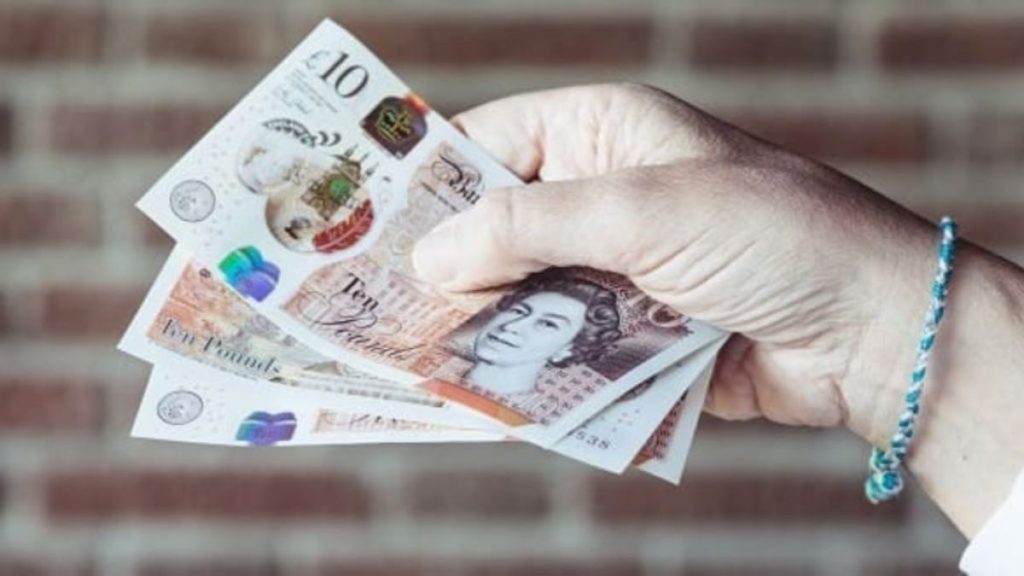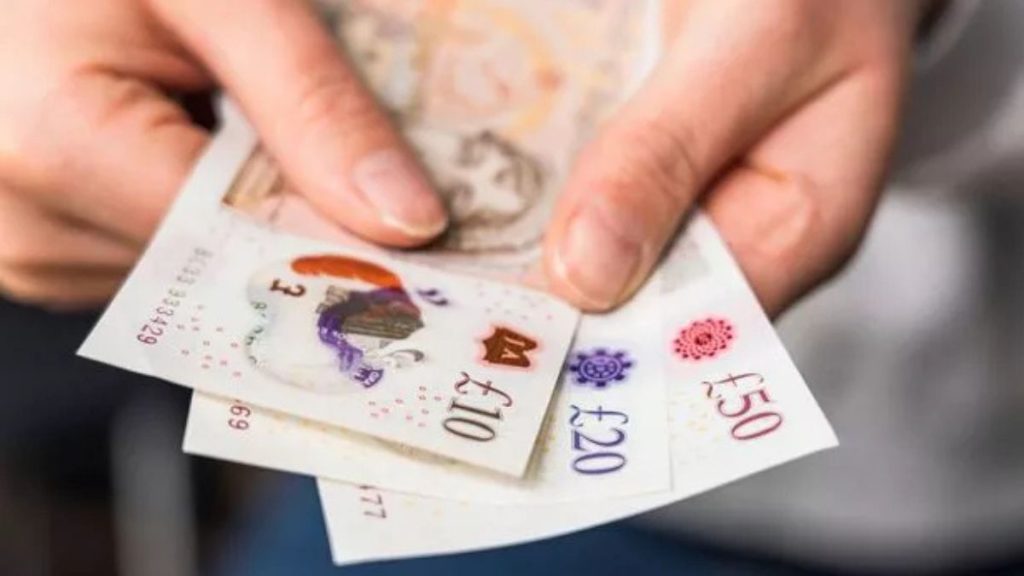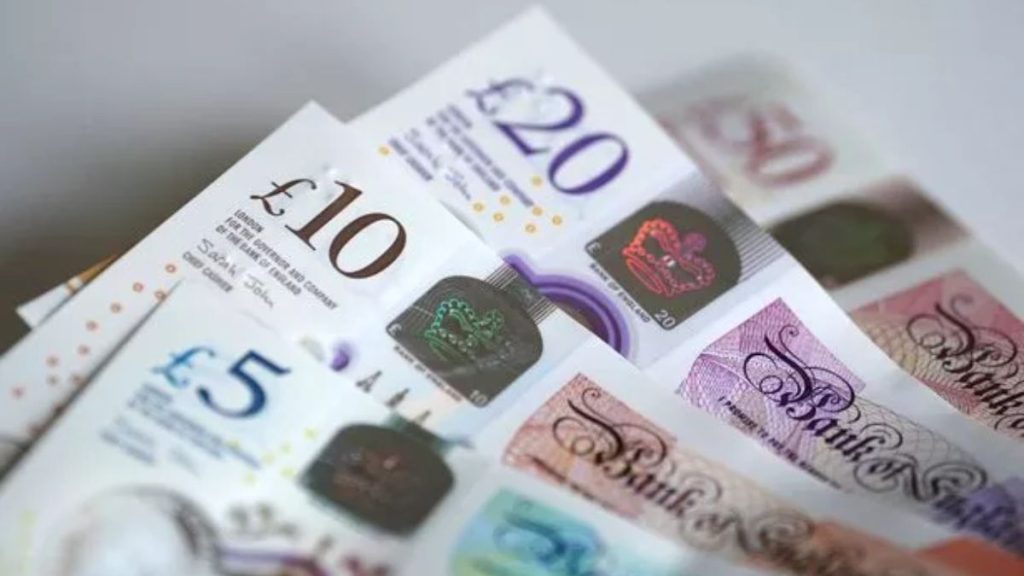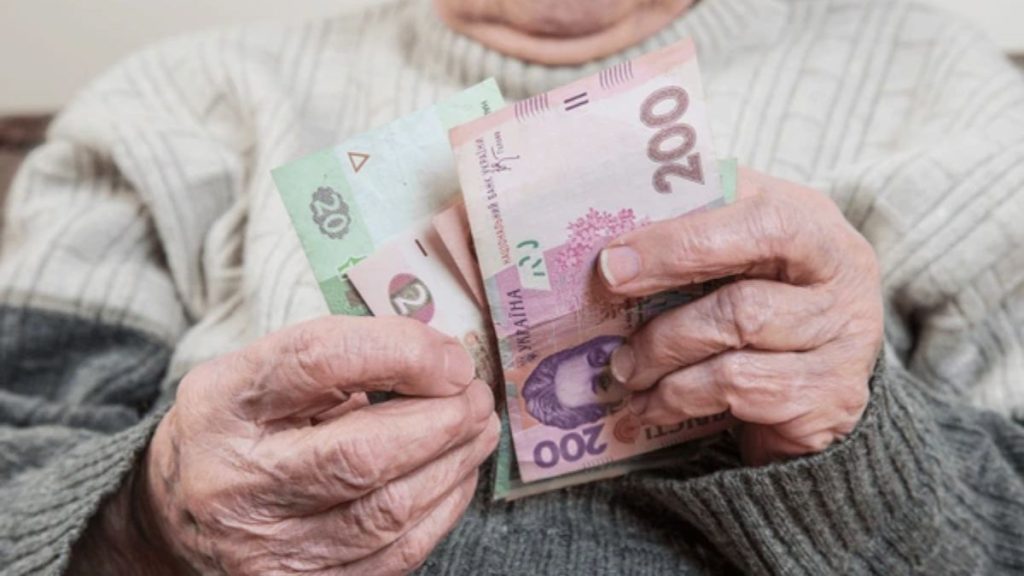The Department for Work and Pensions (DWP) has officially confirmed that thousands of UK pensioners are due backpayments worth up to £8,300. This revelation has sparked nationwide attention, particularly among retirees who suspect they may have been underpaid for years.
With living costs rising and many older people struggling to cover essentials such as heating, rent, and groceries, this announcement could bring life-changing financial relief to those affected. Here’s everything you need to know about who qualifies, how payments will be made, and what steps to take if you think you might be owed money.
Why the DWP Is Paying Out Thousands in Backdated Pension Money
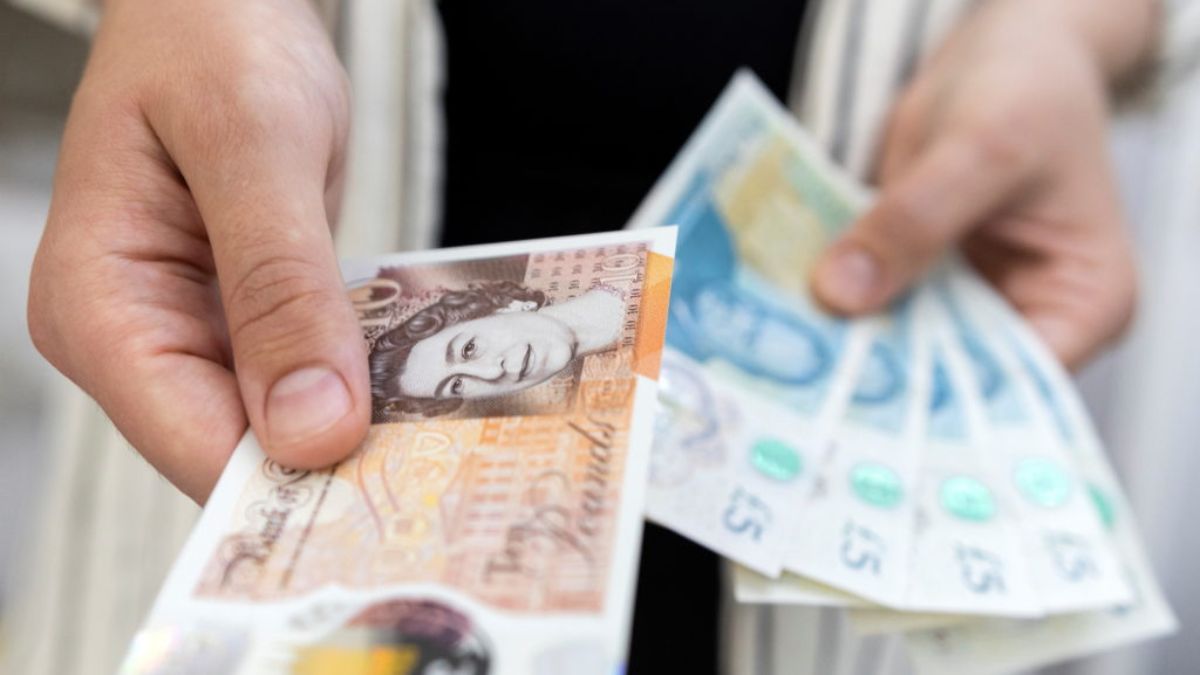
The DWP identified a systemic error that caused certain pensioners — primarily women — to receive lower state pension payments than they were entitled to.
The issue mainly affects those who reached State Pension age before April 2016 under the old pension system, which allowed women to receive an uplift based on their husband’s or late partner’s National Insurance (NI) contributions. However, due to administrative errors and outdated systems, many of these uplifts were never applied.
After widespread campaigning and investigations, the government acknowledged the mistake and began correcting affected records. The outcome? Lump-sum backpayments averaging between £3,000 and £8,300, with some extreme cases exceeding £10,000.
Who Will Receive the £8,300 Backpayment?
The DWP has identified several key groups of pensioners likely to receive the underpaid amounts. You could be eligible if you fall into one of the following categories:
1. Married Women Under the Old Pension System
If your husband started receiving his State Pension but your payments were not increased to 60% of his basic rate, you may be entitled to an uplift and a backpayment.
2. Widowed Pensioners
Widows may be owed backdated increases based on their late spouse’s contributions. In many cases, the pension should have automatically increased upon the spouse’s death — but did not.
3. Over-80 Pensioners
Individuals aged 80 or above who receive a low State Pension, regardless of their National Insurance record, may also qualify for an uplift.
4. Divorced Women
If you divorced and your pension was not recalculated to include your share of your ex-partner’s contributions, you could be eligible for backpayments.
5. Old System Pensioners (Pre-2016)
Those receiving the basic State Pension instead of the newer flat-rate system are more likely to be affected, as the miscalculations occurred under the old structure.
If you are unsure which system you’re on, check your pension documents: the old State Pension typically includes a “basic amount” plus additional elements.
How the Pension Underpayment Happened
The root of the problem lies in decades-old manual record-keeping and outdated processing systems.
In earlier years, many women did not have full National Insurance contribution histories due to time spent raising families or working part-time. The system was designed to compensate for this by providing a spousal uplift, but in many cases, the increase was never triggered or communicated.
It wasn’t until pension campaigners and financial journalists began investigating discrepancies that the scale of the issue emerged. The DWP later admitted that more than 134,000 pensioners had been underpaid and committed to correcting all affected cases, with the total payout expected to reach billions of pounds.
How Much Could You Receive?
The exact amount each pensioner will receive varies based on individual circumstances, including:
- How long the underpayment lasted
- Your pension category and eligibility
- Whether you previously contacted the DWP about missing payments
- Your spouse’s National Insurance record (if applicable)
Typical Backpayment Amounts:
- Married women: £3,000 to £8,000
- Widows: £6,000 to £12,000
- Over-80s: Around £3,500 on average
- Exceptional cases: £20,000+
For many pensioners, this lump-sum payment will also result in permanently increased weekly pension amounts, helping ensure fairer future payments.
Do You Need to Apply or Is It Automatic?
The DWP has confirmed that most eligible pensioners will receive payments automatically, but there are exceptions.
Automatic Payments:
- Widowed pensioners
- Over-80 claimants
These groups are being reviewed automatically, and payments are issued once the DWP confirms eligibility.
Manual Review Needed:
- Married women or divorced women who believe they were underpaid should contact the Pension Service directly to request a review.
You can:
- Call the Pension Service helpline for an “Underpayment Review.”
- Have your National Insurance number, spouse’s details, and pension award letter ready.
- Review your pension statement and compare it with your partner’s entitlement.
Being proactive can make a difference — especially if your case hasn’t been automatically flagged.
Signs You May Have Been Underpaid
Here are some red flags that could indicate an underpayment:
- You’re married or widowed and receive less than £85 per week on the Basic State Pension.
- You never applied for an increase after your husband claimed his State Pension.
- You’re over 80 and receive under £100 per week.
- You divorced but your pension amount hasn’t changed to reflect your ex-spouse’s contributions.
If any of these apply, it’s worth contacting the DWP to request a pension review.
How the DWP Will Pay the Backdated Amount
Once your case is confirmed, payments are made directly to your bank account. You’ll receive:
- A lump-sum backpayment covering the underpaid period.
- An increased weekly pension going forward.
The DWP typically sends a letter confirming the total amount owed and your new payment rate.
This uplift is permanent, ensuring that affected pensioners continue to receive their rightful entitlement every week from now on.
Why You Should Check Even If You Haven’t Been Contacted
Many pensioners assume the DWP will automatically detect and correct every underpayment — but that’s not guaranteed.
Incomplete records, name changes after marriage, or address mismatches could mean some cases go unnoticed.
Financial advisors strongly recommend checking if you fall into any of the known affected groups, especially if:
- You’re married or widowed.
- You receive a pension under the old system.
- Your payments seem lower than other pensioners in similar situations.
A simple call to the Pension Service could potentially uncover thousands of pounds owed to you.
What Financial Experts Are Saying
The financial community has largely welcomed the DWP’s action but criticized the long delay in resolving the issue.
Experts from organizations such as Lane Clark & Peacock (LCP) and Age UK have emphasized that many pensioners suffered for years without realizing they were being short-changed.
According to LCP’s estimates, “Some women have been underpaid for more than a decade, and in several tragic cases, pensioners passed away before receiving what they were owed.”
Campaigners are now urging the DWP to speed up its review process and launch a national awareness drive so that no one is left out.
Could This Affect Your Other Benefits?
A common concern among pensioners is whether receiving a backpayment will impact other benefits such as Pension Credit, Housing Benefit, or Council Tax Reduction.
The good news is that backpayments are usually treated as “arrears of income”, not new savings. This means they should not reduce your benefits, provided you report them within 30 days of receiving the money.
If in doubt, inform your local council or the DWP about the payment to ensure compliance and avoid future issues.
How to Contact the Pension Service
You can contact the Pension Service for a review or to ask about potential underpayments through:
- Phone: 0800 731 0469 (Monday to Friday, 8am–6pm)
- Online: Visit www.gov.uk/contact-pension-service
- Post: The Pension Service, PO Box 1271, Newcastle Upon Tyne, NE99 1AR
Make sure to have your National Insurance number and pension reference details ready for faster assistance.
What This Means for UK Pensioners
This DWP backpayment correction is one of the largest in UK pension history, potentially restoring billions of pounds to retirees who were underpaid.
For many, the extra funds could ease financial strain, cover essential costs, or even allow for long-delayed home improvements or family support.
More importantly, it highlights the importance of transparency and vigilance — ensuring that future pensioners receive the full benefits they are rightfully owed.
Frequently Asked Questions (FAQs)
Q1. How much can pensioners receive from the DWP backpayment?
Most affected pensioners will receive between £3,000 and £8,300, though some may get even higher sums depending on the duration of underpayment.
Q2. Do I need to apply for the £8,300 backpayment?
Most payments are automatic, but married or divorced women who suspect underpayment should contact the Pension Service for a review.
Q3. What caused the DWP pension underpayment?
It resulted from administrative errors and outdated systems that failed to apply spousal or age-based uplifts for many pensioners.
Q4. Will this backpayment affect my other benefits?
No, as long as you report it promptly, backpayments are treated as arrears and should not affect Pension Credit, Housing Benefit, or Council Tax Reduction.
Q5. How can I check if I was underpaid?
Review your pension statements or call the Pension Service to compare your entitlement against your spouse’s contributions.















